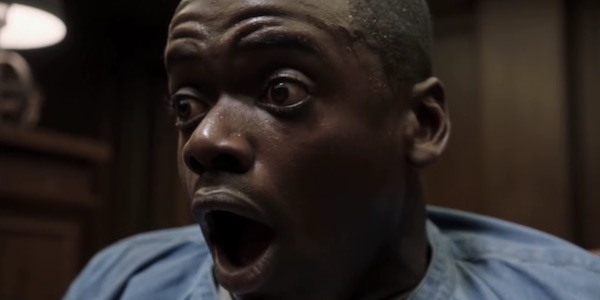 In a debate on the subject of being Black in America, James Baldwin once said, “To be a Negro in this country is really… never to be looked at. What white people see when they look at you is not visible. What they do see when they do look at you is what they have invested you with.” There is a choice among some white people, to stand in their apathy and ignorance, clinging on to stereotypes about other groups and races in order to continue to make themselves feel superior. What comes forth in the wake of this, are ideals that are entrenched in both bigotry and white privilege, which are so horrifying that they are often borderline amusing.
In a debate on the subject of being Black in America, James Baldwin once said, “To be a Negro in this country is really… never to be looked at. What white people see when they look at you is not visible. What they do see when they do look at you is what they have invested you with.” There is a choice among some white people, to stand in their apathy and ignorance, clinging on to stereotypes about other groups and races in order to continue to make themselves feel superior. What comes forth in the wake of this, are ideals that are entrenched in both bigotry and white privilege, which are so horrifying that they are often borderline amusing.
First-time director Jordan Peele of “Key & Peele” explores modern-day racism through his hilarious and witty satirical horror film, “Get Out.” Brilliantly written, “Get Out” follows Chris Washington (Daniel Kaluuya in a career-defining role), a 26-year-old Black photographer who goes home with his girlfriend of five months, Rose Armitage (Allison Williams) to meet her family for the first time. Chris’ initial apprehension about the trip grows, especially after his homeboy, TSA agent, Rod Williams (Lil Rel Howery) warns him about going home with a white girl. His unease eventually prompts Chris to ask Rose, “Have you told your parents I’m Black?” Though she assures him her parents are not racist, Chris doesn’t seem too convinced. As expected, the duo barely reaches Rose’s parents secluded lake house before the micro-aggressions begin to swallow Chris alive.
Despite the warm welcome from Rose’s parents, Missy and Dean (Bradley Whitford and Catherine Keener respectively), Chris immediately starts to feel uncomfortable and out of place. (Hell, so did I.) The Armitages are almost “too nice” as if they are overcompensating for something. Their Black “hired help” also does little to put Chris at ease. The groundskeeper, Walter (Marcus Henderson), displays a quiet stoicism that appears to barely mask an underlying burning rage. Likewise, Georgina (the sensational Betty Gabriel), the housekeeper, embodies a Stepford wife, who hasn’t quite perfected the correct dosage of her happy pills. Right away, Chris feels that there is something off about the Armitage household. And yet, in the midst of such an awkward social and racial space, he tries to both ignore and justify their odd and often offensive behavior. This is particularly evident when Missy, a psychotherapist, tries to convince him to undergo hypnosis to cure his smoking habit.
Continue reading for Shadow and Act.
